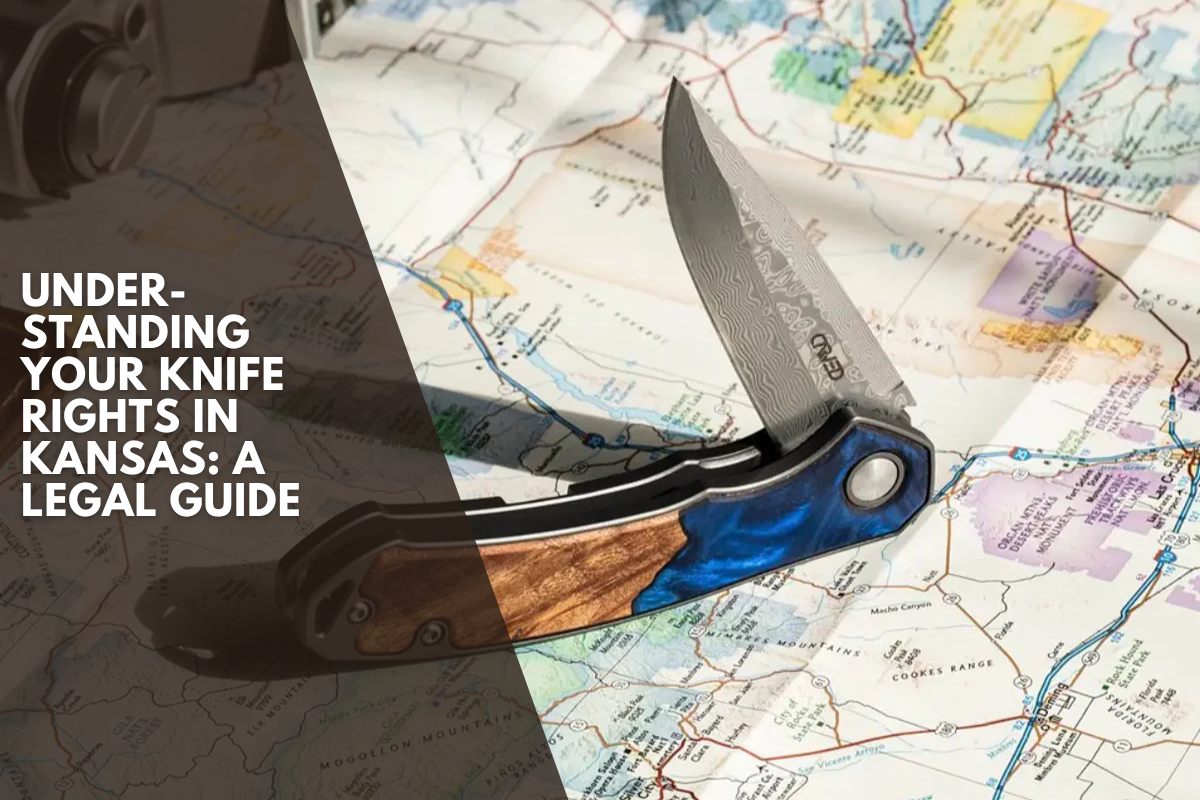Understanding your knife rights in Kansas is essential, as the state has some of the most permissive knife laws in the United States—offering significant freedom to residents and travelers, but with important limits you should know.
What Knives Are Legal to Own and Carry?
Kansas law allows you to own and carry any type of knife, whether open or concealed. This includes everyday pocket knives, fixed blades, bowie knives, switchblades (automatic knives), gravity knives, balisongs (butterfly knives), and even larger knives like swords and machetes. There are no restrictions on blade length—Kansas removed former size limits in 2013, so you may legally carry knives with any blade size.
However, there are a few exceptions:
Open and Concealed Carry
Open carry: You may openly carry any legal knife anywhere in the state, unless prohibited by location-specific rules (see below).
Concealed carry: The same applies—concealed carry of any lawful knife is legal, with no blade length restrictions. The only notable exceptions: you cannot carry throwing stars or ballistic knives concealed or openly, as they are outright illegal.
Where Are Knives Prohibited?
Kansas permits broad knife rights, but there are restricted locations where you may not carry knives, regardless of size or type:
Schools and educational facilities: Carrying knives on any school grounds, college campuses, or educational buildings is strictly prohibited. Violations can lead to criminal penalties.
Government buildings: Most government buildings—including courthouses—prohibit knives.
Certain public areas: Concealed carry is barred in a few other designated government or private buildings and on public transport.
Always check posted signs and updated policies to avoid violations.
Who Cannot Legally Carry a Knife?
While Kansas generally lets anyone buy and own knives, convicted felons are restricted. State law makes it illegal for felons to possess or carry certain knives—especially those deemed “dangerous or deadly”, such as dirks, daggers, switchblades, or stilettos. The definition of what is “dangerous or deadly” has been narrowed by recent court rulings, but felons should exercise particular caution.
No age restrictions exist under state law for buying or carrying most knives, but local store policies might differ.
Statewide Preemption
Kansas has statewide preemption for knife laws, meaning that local governments and municipalities cannot enact knife restrictions that are stricter than state law. Any older local ordinances attempting tighter knife regulations (passed before 2014) are now unenforceable and void. This ensures that knife rights are consistent whether you’re in Wichita, Topeka, or a rural Kansas town.
Quick Reference Table
Key Tips
Intent matters: Carrying a knife with the intent to use it unlawfully against another person is always illegal, regardless of the type of knife or your right to possess it.
Check posted rules: Even with broad state rights, public or private establishments (or schools) can set stricter rules.
Stay updated: While Kansas is knifefriendly, laws can change—the current laws reflect the latest updates as of August 2025.
Kansas stands out as one of the most knife-permissive states, granting residents and visitors extensive freedom—so long as you respect critical location and intent-based exceptions.
Sources
[1] https://www.akti.org/state-knife-laws/kansas/
[2] https://edc.ninja/kansas-knife-laws/
[3] https://knifeade.com/kansas-knife-law/
[4] https://www.carved.com/blogs/life-at-carved/pocket-knife-rules-laws-by-state
[5] https://www.seneca-kansas.us/kansas-knife-laws/











